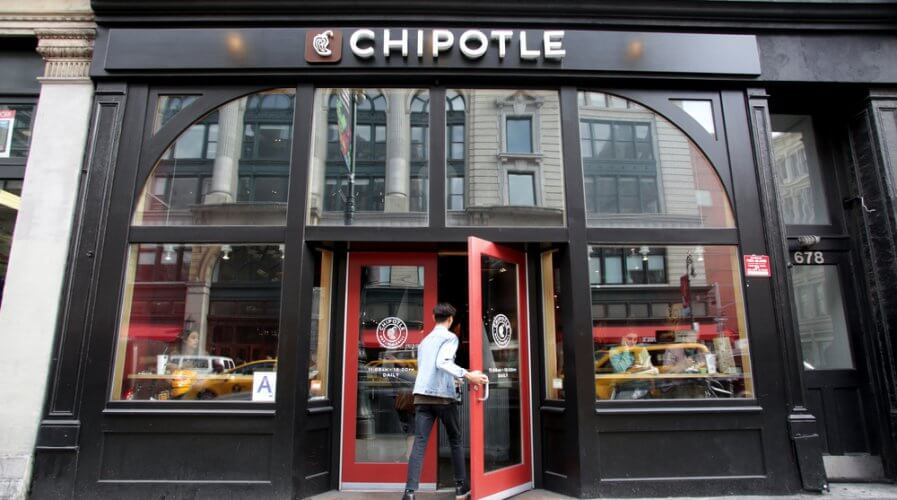
In the digital age, Chipotle balances technology with business acumen. Source: Shutterstock
Chiptole proves that thriving in the digital age requires more than just tech
ALL THE technology in the world cannot compensate for the lack of business acumen. That’s what Chipotle has demonstrated recently.
The company told shareholders and media that it does not intend to invest in dark kitchens despite the growing interest in the concept in the company’s home country.
Dark kitchens are basically commercial kitchens designed to service orders received online and is something that competitors close to Chipotle — including Chick-fil-A and Wendy’s — are investing in heavily.
At a time when digital orders make up 18 percent of the fast-food company’s total business and is a segment that is expected to grow faster than ever before, the decision to steer clear of dark kitchens doesn’t seem to make sense.
However, the company’s CFO Jack Hartung explained its reasoning to a media organization recently.
Hartung said that the company has about 2,500 outlets in the United States alone — all of which serve as dark kitchens for the company, eliminating the need to form a partnership with any dark kitchen providers.
Each of the company’s kitchens has a second production line that it has recently renamed as the ‘digital line’ to emphasize the fact that the second line only caters to orders that are placed online.
According to Hartung, even locations where online sales make up 40 percent of total sales, the digital line has spare capacity for growth.
In the future, given the pace of growth, Hartung believes that digital orders could make up 50 percent of Chipotle’s overall business — and from the looks of it, the business is all geared up to deliver when that happens.
What’s interesting to note, however, is that the restaurant chain hasn’t steered investments away from its digital or online sales channel. The company is constantly grooming it in hopes that it will someday account for a larger share of the business.
The digital line inside restaurants, however, is a smart idea and a show of good business acumen because it not only prepares Chipotle to fulfill orders placed online but also provides the company with considerably more control over its product, guaranteeing quality while keeping costs in check.
Chipotle’s decision is something that restaurants and businesses in other industries need to learn from. Charging into the digital era doesn’t mean making big investments in all avenues. Instead, it means making investments with an understanding of the business, its customers, and the market.
READ MORE
- The criticality of endpoint management in cybersecurity and operations
- Ethical AI: The renewed importance of safeguarding data and customer privacy in Generative AI applications
- How Japan balances AI-driven opportunities with cybersecurity needs
- Deploying SASE: Benchmarking your approach
- Insurance everywhere all at once: the digital transformation of the APAC insurance industry


